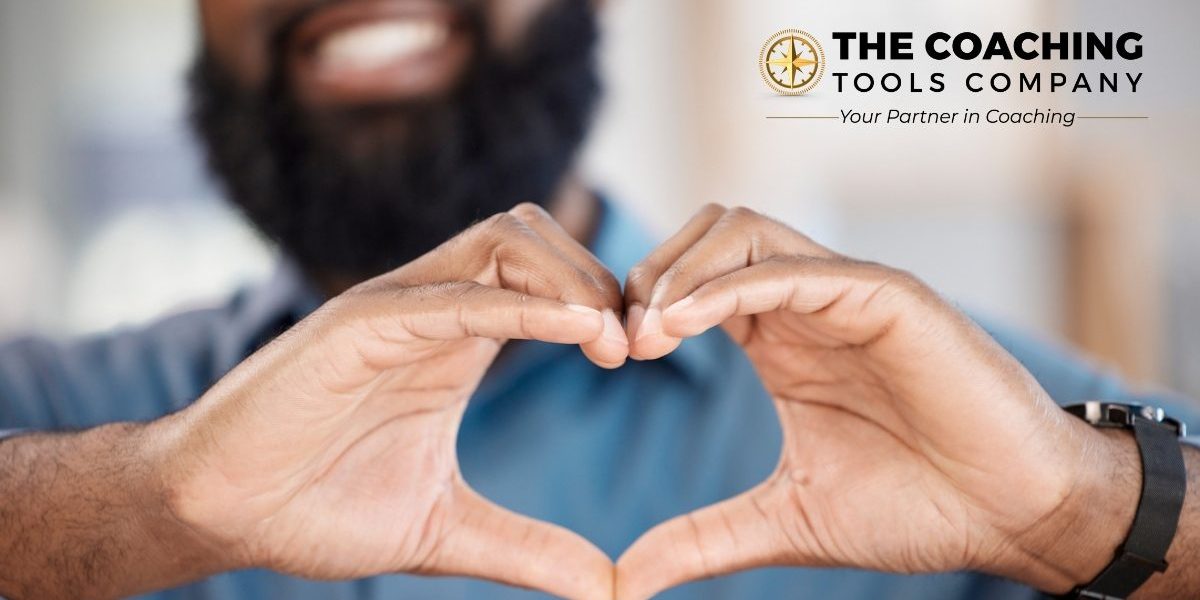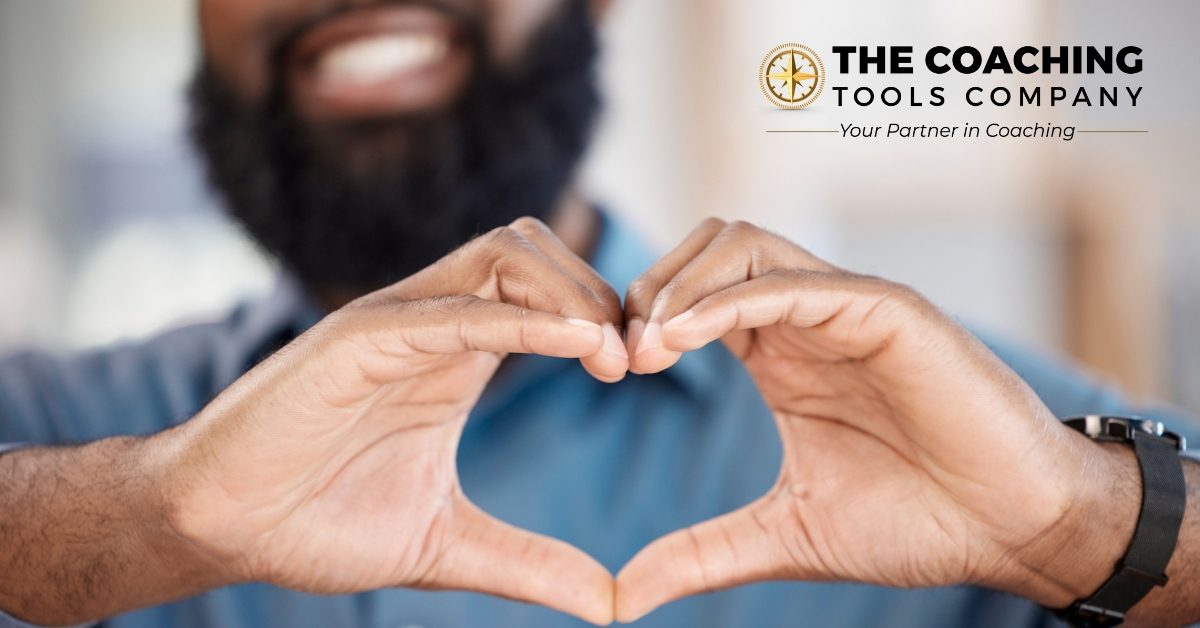Originally Posted on The Coaching Tools Company as World Kindness Day for Coaches: Practising Kindness That Creates Change
“Kindness is the language which the deaf can hear and the blind can see.” — Mark Twain
Why Coaches Need Kindness
Kindness is not a soft skill—it’s a core coaching competency. It nurtures psychological safety, builds trust, and allows challenge to land as growth.
Research shows that performing kind acts delivers a small-to-medium wellbeing boost for both giver and receiver. In other words, practising kindness doesn’t just benefit your clients—it sustains you, too.
The Science Behind Kindness in Coaching
Recent studies on self-compassion and loving-kindness meditation (LKM) deepen what many coaches already intuitively know. Kristin Neff’s model of self-compassion identifies three core elements—self-kindness, common humanity, and mindfulness—that strengthen motivation and resilience rather than complacency.
Even brief loving-kindness practices have been found to increase positive emotion, social connectedness, and stress resilience.
Kindness isn’t about being nice—it’s about creating conditions where honesty and courage can thrive.
Research on psychological safety echoes this truth: effective leaders and coaches blend candour with care. Safety doesn’t mean avoiding hard truths—it means offering clear, challenging feedback in a climate of trust.
How to Practise Kindness in Coaching Sessions (and Why It Works)
Studies show kindness and self-compassion support motivation, resilience, and connection—key ingredients for meaningful change. Try weaving these practices into your sessions:
- Start with a “kindness check-in.” Before a session, pause for 10 seconds and ask yourself: How can I meet this client—and myself—with kindness today?
- Use the Kindness Pause. When a client criticises themselves, invite a breath and ask: What would kindness say right now?
- Add a one-minute Loving-Kindness Meditation. Silently repeat: “May I be kind; may I meet this moment with care.” Even a short LKM can shift state and perspective.
Kindness Doesn’t Mean Avoiding Hard Truths
A client once arrived tight-jawed after a difficult review. Instead of diving straight into action planning, we paused. I invited her to say one self-kindness sentence she genuinely believed. Her shoulders dropped. From that softer place, she spotted a learning she’d missed—and chose one courageous next step.
That’s the power of kind, candid coaching: safety first, then stretch. Psychological safety research confirms that teams and individuals grow most when they feel safe and challenged.
Helping clients embrace kindness
Encourage clients to experiment with small, real-world acts of kindness—thanking a colleague, pausing before reacting, offering themselves grace after a misstep. These small acts reinforce Neff’s self-compassion triad: mindfulness, common humanity, and self-kindness.
“Be kind whenever possible. It is always possible.” — The Dalai Lama
Reflection Practice: The Kindness Pause
At the end of your coaching day, take a minute to reflect:
- When was I kind today—to myself, to others?
- When did I hold back from kindness, and why?
- What one act of kindness will I choose tomorrow?
You might be surprised by the ripple effect.
Wrap Up
Does kindness make clients complacent?
No. Research shows self-compassion is linked to mastery-focused motivation—clients keep stretching, but from a steadier base.
How can I model kindness without losing professionalism?
Set clear boundaries, communicate expectations, and deliver feedback with empathy. Kindness clarifies—it doesn’t dilute.
On this World Kindness Day for Coaches, remember: simple, consistent acts shift states and build resilience—backed by growing evidence.
Try the Identify Your Spark Team Tool with your next client and notice the ripple effect.
References:
|
If you enjoyed this article, you may also like:
- From Confidence to Creativity: 7 Surprising Benefits of Self-Kindness by Emma-Louise Elsey
- Guided Loving-Kindness Metta Meditation Video to Help Your Clients Be More Self-Compassionate by Sura Kim
- 4 Self-Love & Compassion Practices for You and Your Clients by Lynda Monk, MSW, RSW, CPCC








